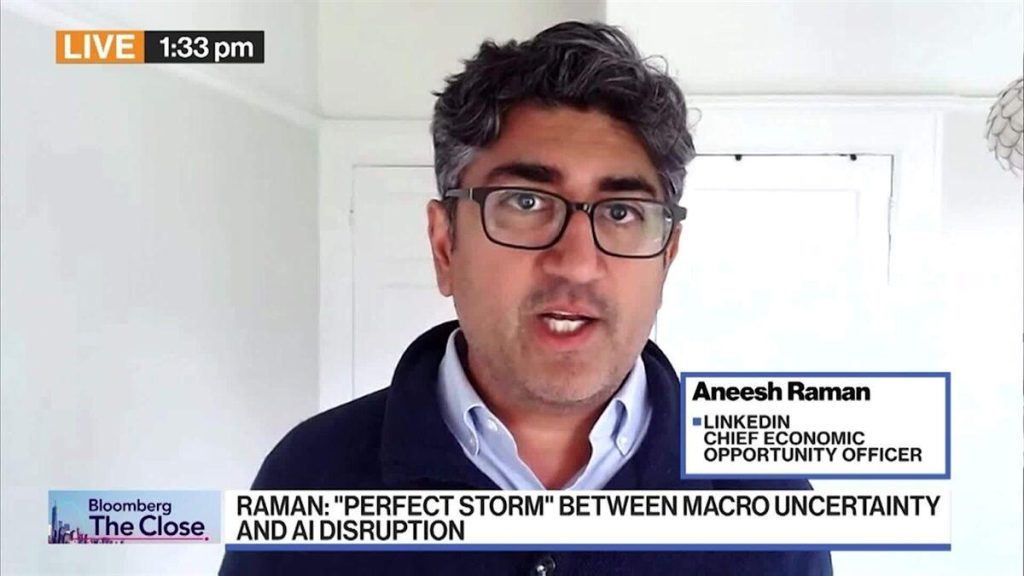LinkedIn’s Raman: The Shifting Landscape of Work in the Age of AI

Aneesh Raman, LinkedIn’s Chief Economic Opportunity Officer, is at the forefront of understanding the vast shifts happening in the labor market due to emerging technologies like AI, quantum computing, and robotics. During a recent interview, he discussed how these technological advancements, coupled with hybrid and gig work, are changing the very definition of work. Raman argued that the “knowledge economy” as we knew it has already come to an end, and organizations must now innovate across all functions to stay relevant.
According to Raman, the key to thriving in this new era lies in an organization’s ability to use AI strategically, not just as a tool but as a driver of cultural change and workforce adaptation. However, he emphasized that many companies are still lagging in this regard, with many failing to integrate AI planning at the leadership level. The responsibility for driving AI adoption, Raman believes, should lie jointly with the CTO and the head of HR, given the vast impact AI will have on organizational culture and the future of work.
Raman further predicted that AI would disrupt many entry-level jobs, particularly those traditionally held by new graduates, leaving a significant impact on the job market. He pointed out that while some workers are adapting by taking underemployment positions, the rising unemployment rate among recent college graduates underscores the reality of this disruption. This, combined with an increasing focus on skills over formal degrees, has made many young workers reimagine career paths, with many opting for entrepreneurial ventures or creative fields instead of traditional corporate jobs. Raman also suggested that to adapt to this changing landscape, job descriptions need to evolve, becoming more inclusive and skills-based, moving away from restrictive educational requirements that limit access for many potential candidates.

